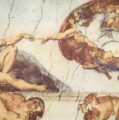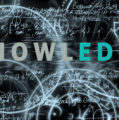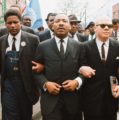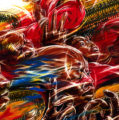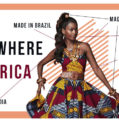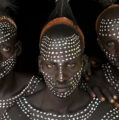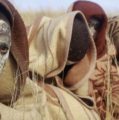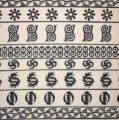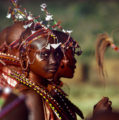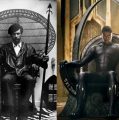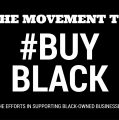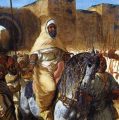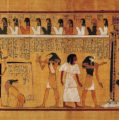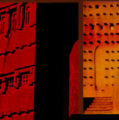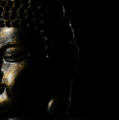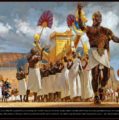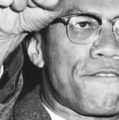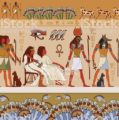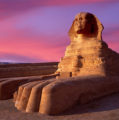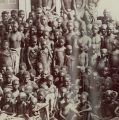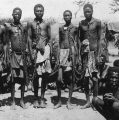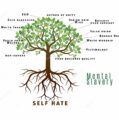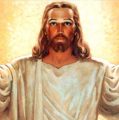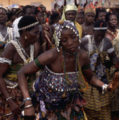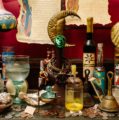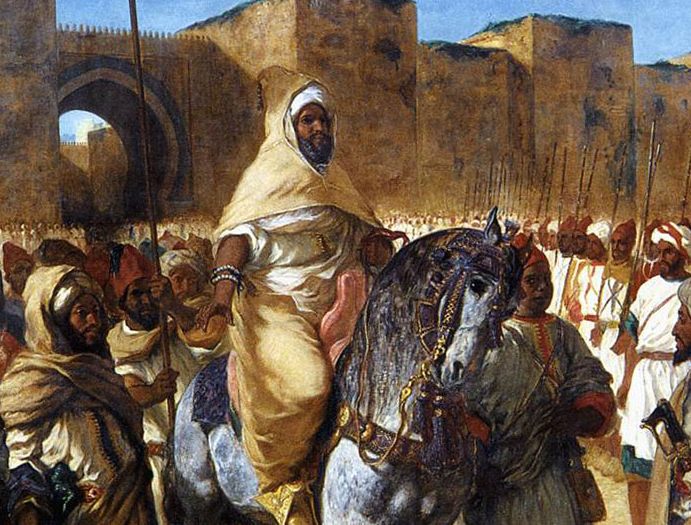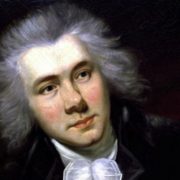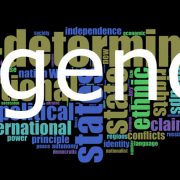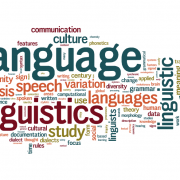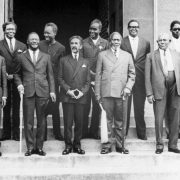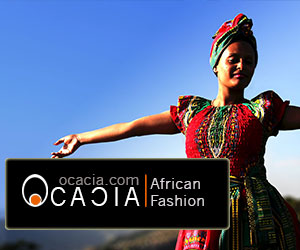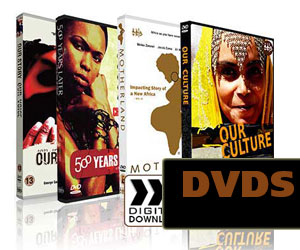African Race
Identity Apr 3, 2019
We are not Africans because we are born in Africa, we are Africans because Africa is born in us. In our contemporary times, we have to accept that identities and terminologies change as circumstances change: There is no such thing as a trans-historical African identity. Therefore, in Africa’s ancient history the term ‘African’ as an identity would have had no meaning; people defined themselves as members of kingdoms, religions, and ethnic groups. Blackness, however is a term imposed at the moment of conquest by the apex oppressors — never by Africans themselves
The Moors: Black history or Black mythology?
History Sep 20, 2018
Moor was a disparaging term for non-White Muslims. What is mistakenly called Moorish civilization is really Islamic civilizations made up of the Almoravid and the Almohads. It is not hard to clear up the history of the Moors when they wrote about themselves. To claim Moorish civilization as an exclusively Black Civilization is deeply erroneous when evidence suggest Native Africans made up a minority of the Almoravid population and had minor rule throughout Andalusian history.
Real revolutions happen in quiet spaces. A revolution is only a revolution if it remains functional and relevant to the prevailing conditions of those it intends to revolutionize. Just like a weather forecast is relevant if it can predicts storms, or a clock only if it keeps accurate time.
To conquer a people you conquer their ability to identify as a group being oppressed and articulate their unique reality. The primary relationship between Africans and Europeans, independent of time and geography is that of slave and slave master, colonial subject and colonizer, Employee and employer, oppressed and oppressor, respectively. This rule does not have any demographic exception regardless of if we are discussing Brazil, South Africa or Barbados, and regardless of if we are discussing 1811 or 2011. African and European represent the text book poster-boy definition of race history and race relations.
Read moreIn Somalia war and famine seem to be the default. The fragile pastoral and agricultural activities have been brought almost to a standstill by the civil war. Economic activity depends mostly on international organizations and on remittances from the Diaspora abroad.
Read moreThe fate of Africa is that after slavery, colonialism, apartheid and neo-liberal globalization is that Africans are not agents of their lives. Definitions, agendas paradigms, and perspectives are still imposed by Europeans and others, who dominate all aspects of the African reality. Thus the image of Africa, the concepts of Africa imposed on the world are those created and controlled by non-African forces. Globalization is therefore not only an imposition of products, but also of ideas and ideals — at the expense of broader human diversity.
Read moreWords have meanings, but meanings are dictated –like everything else by those with power. Words play a critical role in articulating reality and that means reality is a subset of linguistics, and agency. No word is innocent in the hands of power, yet every word is dangerous when applied to the oppressed. We must treat sociolinguistics as a serious area of
Read moreThe early Pan-Africaninsts were concerned with repudiating the eurocentric and racist views that justified slavery and later European imperialism. These views, which argued that Africa and Africans had played no part in history were opposed by the leading thinkers from Africa and the Diaspora such as James Africanus Horton, E.W. Blyden, Martin Delaney and Alexander Crummell, who were thus the champions of the notion of Africans as the makers of their own history
Read more
